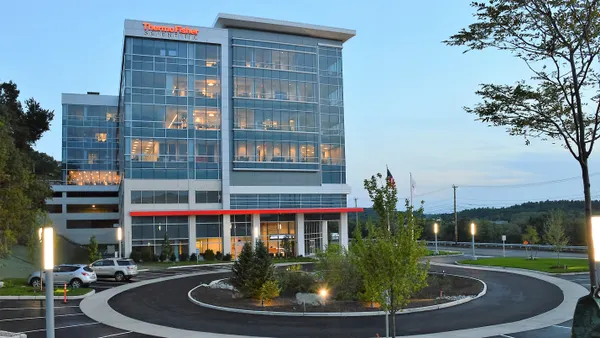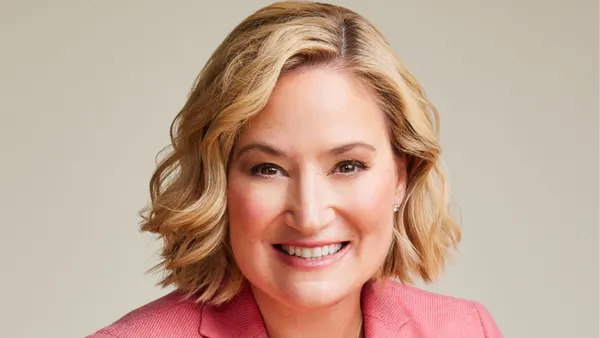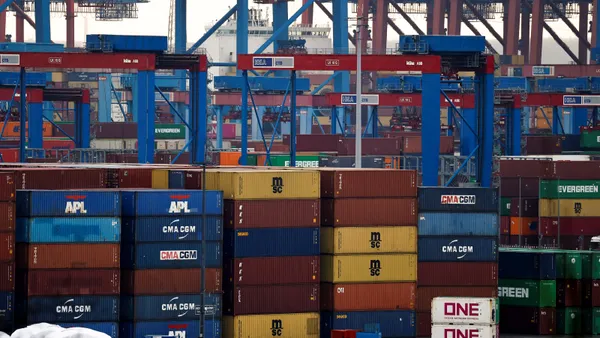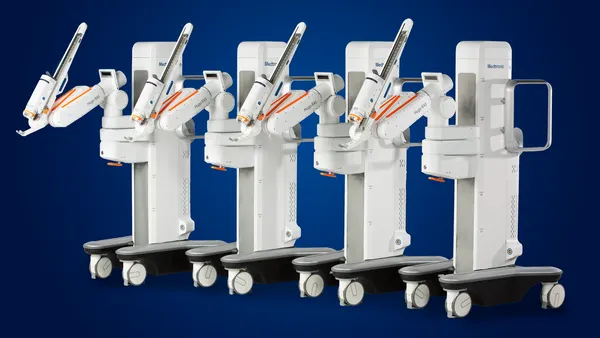Dive Brief:
-
Hikma, a multinational generic pharmaceutical company, announced Wednesday it is ramping up its output of opioids for U.S. hospitals to mitigate the current shortage of injectable opioids.
-
The U.K.-based generic player released upward of 5 million hydromorphone 2ml vials to U.S. hospitals in June, and plans to release another 3 million vials this month.
-
Injectable opioids like hydromorphone are used to treat pain, often after surgery, and have been in short supply for more than a year since Pfizer, the biggest U.S. supplier of the drugs, has had issues with production and supply.
Dive Insight:
The American Medical Association declared drug shortages to be a national public health emergency last month, and the stream of opioids available to providers has continued to dry up.
In April, the American Society of Health-System Pharmacists surveyed more than 300 hospital pharmacists to assess the effect of drug shortages on providers, and what it found wasn't pretty. Respondents reported tremendous strain on daily operations, with visible negative impacts on patient care. Nearly all (98.4%) respondents said their hospitals had been affected by shortages of injectable opioids, with 96.2% rating their situations as severe or moderate overall.
Shortages manifest in hospitals across all departments and can drain human and financial resources tremendously as practitioners search for workarounds to traditional opioid injections.
The short supply of opioids in the U.S. is rooted in two separate sources: manufacturing shortages and smaller DEA quotas for production of opioid analgesics.
Drug giant Pfizer, which accounts for 60% of the injectable opioid market, dramatically lessened its production when the FDA halted production at a newly-acquired Kansas plant, for upgrades and quality issues in July 2017.
Then it got worse. In January, Pfizer stopped all shipments of injectable opioids due to a third-party supplier issue caused by Hurricanes Irma and Maria in Puerto Rico. Now, Pfizer says it will not be able to meet industry demand until the second quarter of next year.
In the FDA’s comprehensive database of drug shortages, opioid analgesic Hydromorphone Hydrochloride Injection has been classified “currently in shortage” since 2017.
At the same time, regulatory agencies have gotten some of the blame for the problem.
Opioids are a controlled substance, so the DEA carefully regulates quotas for their active ingredients. The DEA has cut national quotas for opioid production two years in a row and removed pre-existing redundancies in an effort to stem the rising tide of the opioid epidemic (although experts say opioids rarely enter the black market through the manufacturing or inpatient settings).
Now, in light of the shortages, many organizations, including the American Hospital Association, are lobbying the DEA to raise production quotas. But the DEA can take a month to fulfill extra quota requests, and its approved opioid production volumes remain high as it is, according to a July 2017 letter signed by 16 U.S. senators.
The DEA did, in fact, grant partial approval for smaller manufacturers Fresenius Kabi, Akorn and West-Ward Pharmaceuticals (another name for Hikma’s U.S. branch) earlier this year, but relief for embattled providers remains months away as hospitals scramble to arrange pain-relief solutions for patients.
Skyrocketing demand plays a role as well as the opioid crisis waxes on.
“We continue to prioritize the manufacture of opioid products affected by this shortage including fentanyl, meperidine, morphine and hydromorphone to provide hospitals and doctors with the medicines they need to best treat their patients,” said Daniel Motto, executive VP of Hikma’s U.S. Injectables Division, in the Hikma press release.
“We have the capacity in our FDA-inspected manufacturing facility in Cherry Hill, New Jersey for all CII opioid injectable projects, and believe we can now address the current shortage of these vital and urgently needed medications, pending increased quota allowances from the US Drug Enforcement Administration,” he concluded.
Correction: This story has been corrected noting Hikma is based in the U.K.












